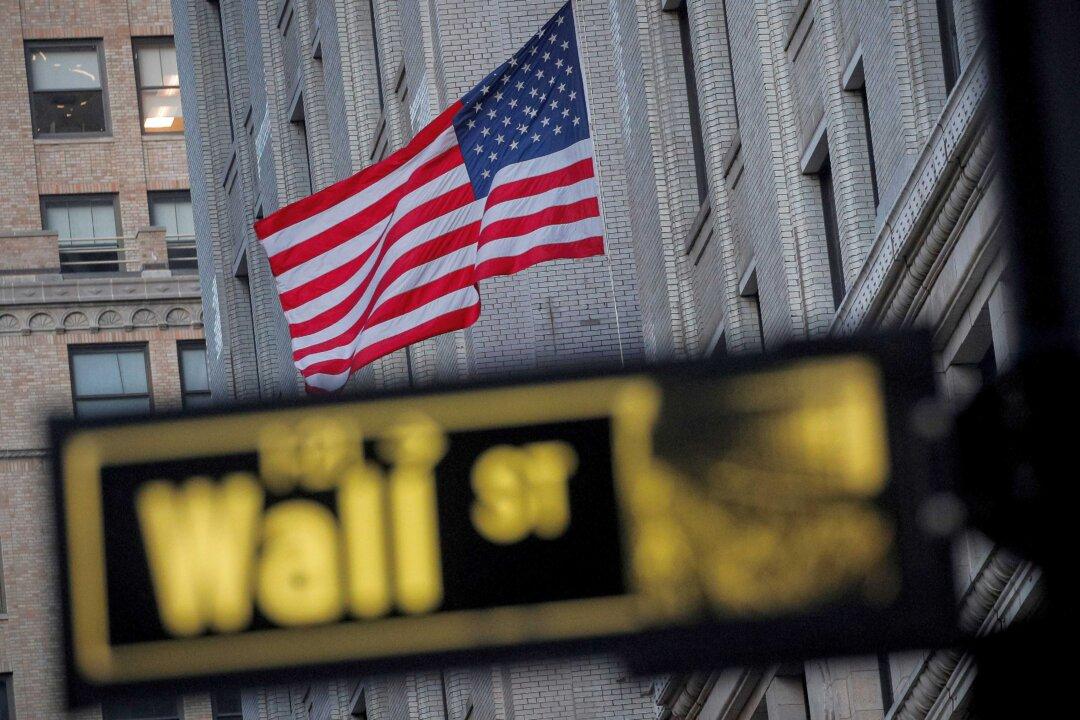Over the past decade, there has been less competition in the banking industry, and this is harming consumers, according to Rep. Andy Barr (R-Ky.), chairman of the House Financial Services Subcommittee on Financial Institutions and Monetary Policy.
The subcommittee hosted a hearing on Feb. 8 titled “Revamping and Revitalizing Banking in the 21st Century.”





